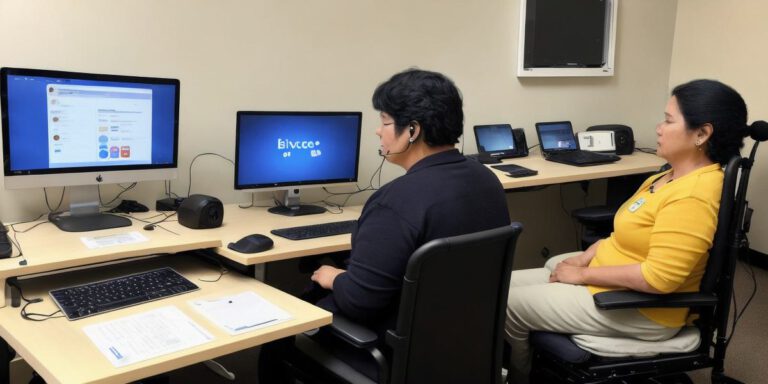“The Fine Line Between AI Innovation and Legal Compliance”

As an AI developer, you’re constantly pushing the boundaries of what is possible with technology. But as you innovate, you must also ensure that your work is compliant with legal regulations. This can be a delicate balance, but it’s one that you must navigate to avoid potential legal consequences.
One common question among AI developers is whether they can use OpenAI API for commercial purposes. The answer is yes, but there are some important considerations to keep in mind. First and foremost, you must comply with any applicable data protection laws, such as the EU’s General Data Protection Regulation (GDPR) or the California Consumer Privacy Act (CCPA). This means that you must obtain consent from users before collecting and processing their personal data, and you must provide them with clear information about how their data will be used.
Another key consideration is the potential impact of your AI on society. For example, if your AI is being used to make decisions that affect people’s lives, such as hiring or loan approvals, you must ensure that it is fair and unbiased. This means that you must test your AI for bias and take steps to mitigate any biases that are identified.
There are many real-life examples of how AI developers have navigated these legal and ethical considerations. One such example is the use of facial recognition technology in law enforcement. While this technology has the potential to improve public safety, it also raises concerns about privacy and civil liberties. As a result, there are ongoing debates about whether facial recognition should be used in law enforcement at all, and if so, how it should be regulated.
In conclusion, as an AI developer, you must always be mindful of the legal and ethical considerations that come with your work. While OpenAI API can be a powerful tool for innovation, it’s important to use it responsibly and in compliance with all relevant laws and regulations. By doing so, you can help ensure that your work has a positive impact on society while avoiding potential legal consequences.
FAQs:
- Can I use OpenAI API for commercial purposes? Yes, but you must comply with any applicable data protection laws and ensure that your AI is fair and unbiased.
- What are some real-life examples of how AI developers have navigated legal and ethical considerations? One example is the use of facial recognition technology in law enforcement, which raises concerns about privacy and civil liberties.








